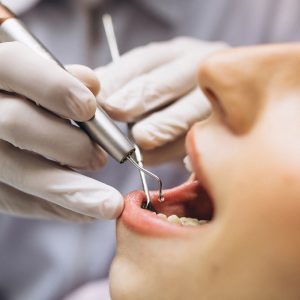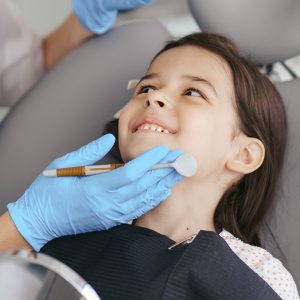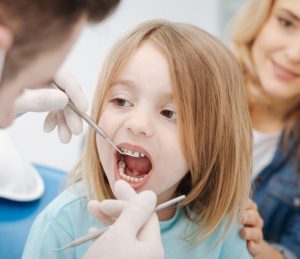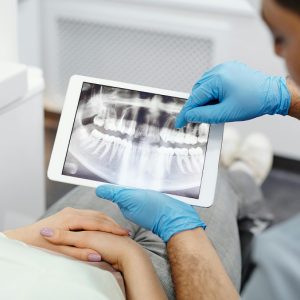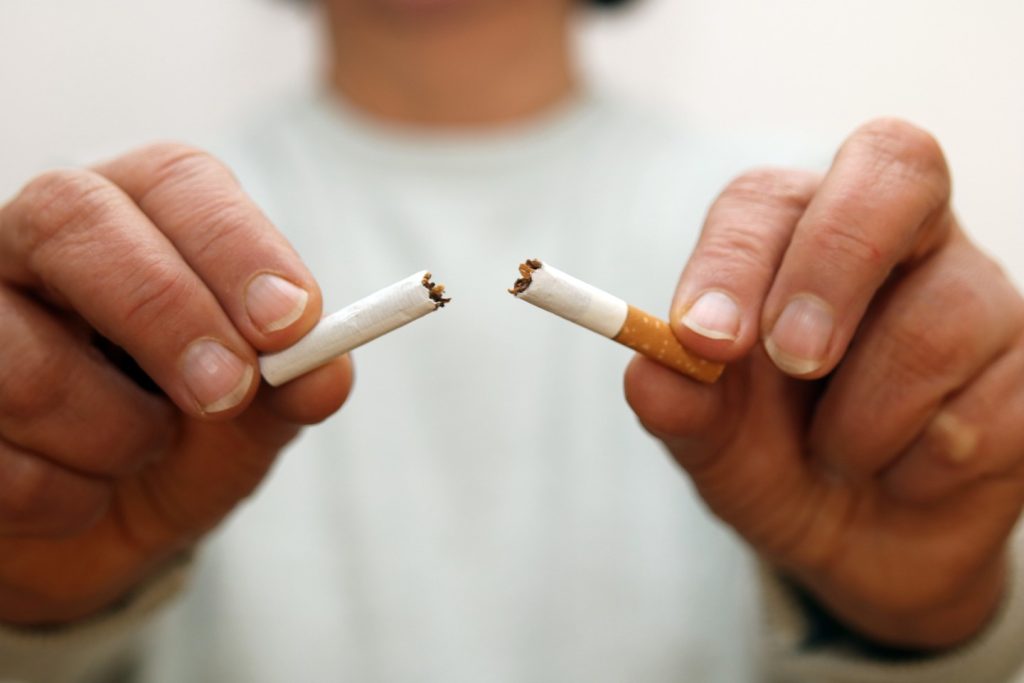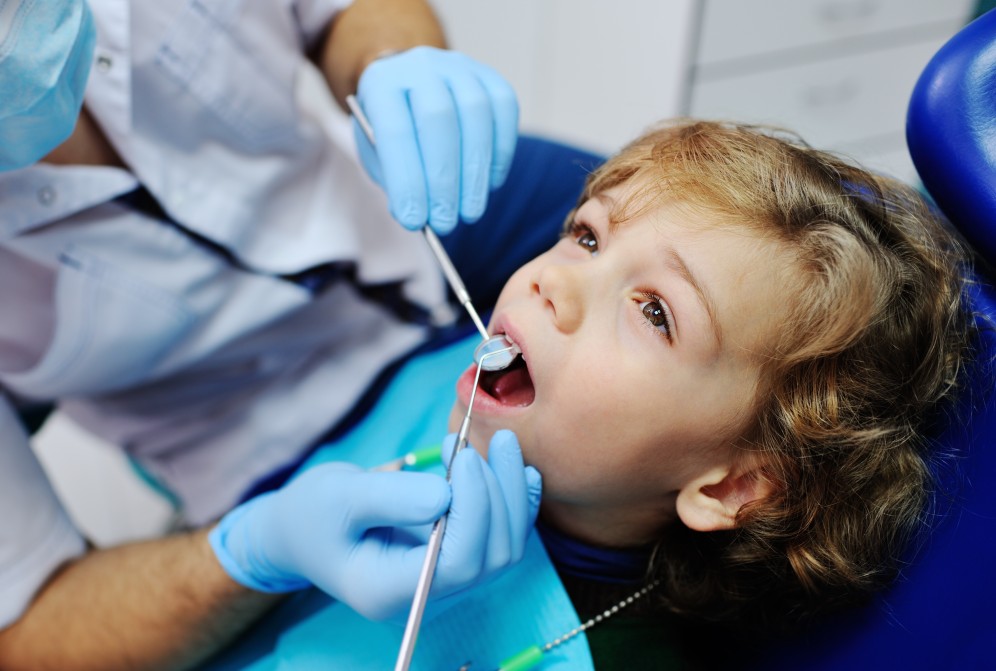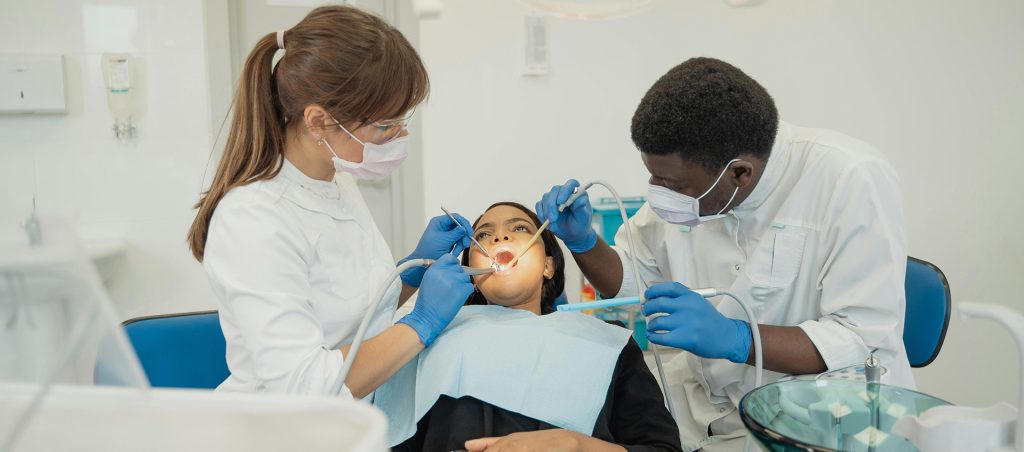General Dentistry
Dental Extractions
If you have a broken or decayed tooth that can’t be repaired with a filling or crown, having it removed may be the best option.
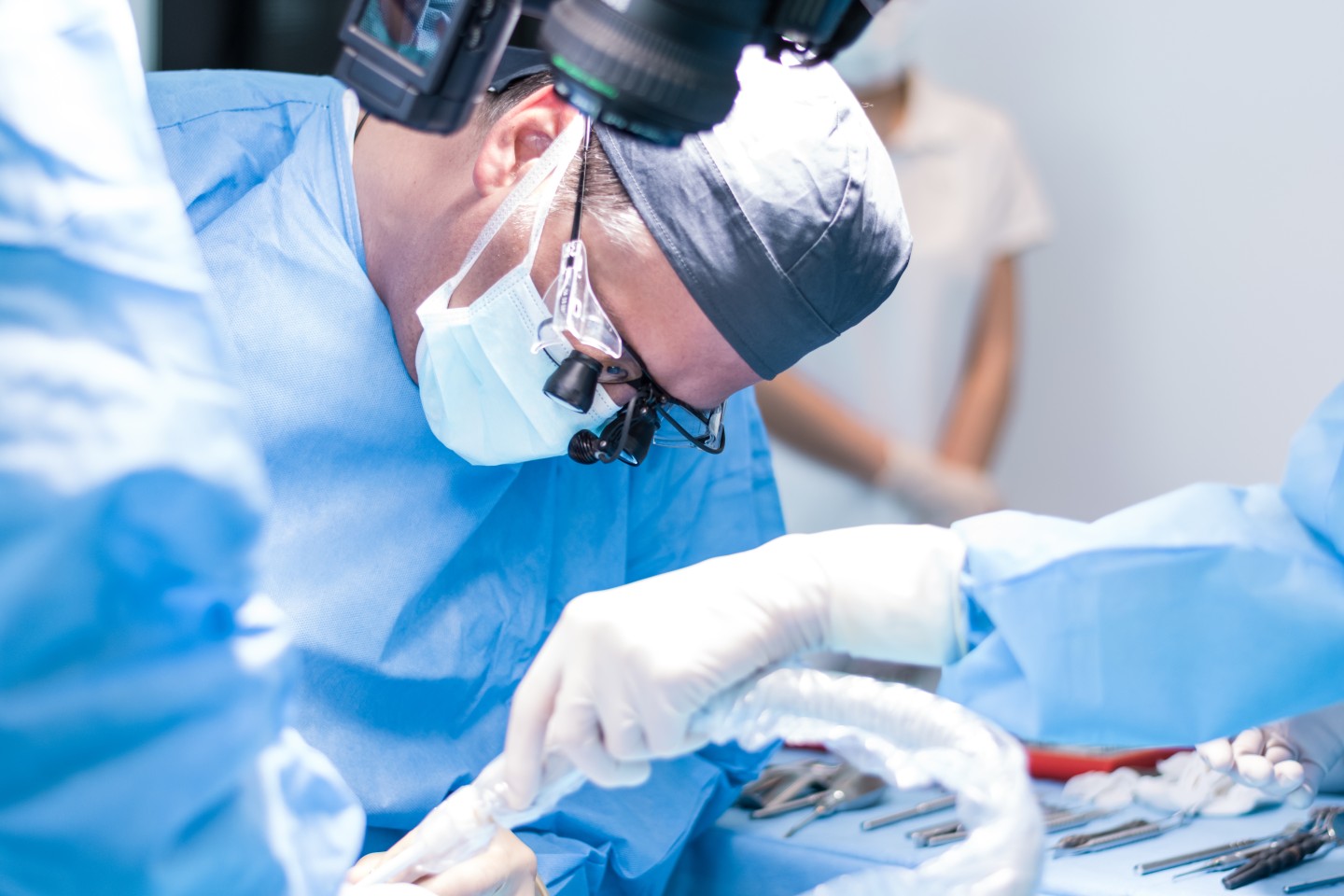
Dental Extraction Overview
We will explain all of the treatment options available to you and if you decide to have your tooth removed, the procedure can easily be carried out at a Devonshire House appointment.





The most common reasons why your tooth or teeth may need to be removed
Surgery And The Healing Period
Dental extraction under local anaesthesia is a routine procedure and complications are very rare. Local anaesthesia may take several hours to wear off. As with any surgery, there can be some discomfort following dental extractions.
It is normal to have some bruising and swelling in the gum and soft tissues but any discomfort can be treated with an ordinary painkiller.
We advise that for the next day or two, you plan to take life easy. This is particularly relevant if you have had sedation for your treatment. You may be given medications and mouth washes to help minimise the swelling and discomfort. They will also help with the healing of the tissues.
Any incision made in the gums will be closed together with very fine sutures. Depending on the type of suture used, these may need removing after 7-10 days.

Aftercare
Local anaesthesia may take several hours to wear off. It is important to avoid eating or drinking any hot foodstuffs whilst you are numb. Rinse with the mouthwash provided as directed by your Devonshire House Dentist, or use half a teaspoon of salt dissolved in a cup of warm water 5-6 times per day, for 5 days. Rinse very gently to avoid disturbing the site and help keep it clean.
Please read our leaflet for full aftercare information.

Extraction Aftercare

Extraction Fees
Extractions
from £325
Oral Sedation
£13
IV Sedation
£455 (1st hour) £303 (subsequent hours, charged at the full hourly rate even if less than an hour is required)
Initial consultation
£81
Pre-treatment consultation with Anaesthetist (children under 10)
£101
Oral Sedation
£13
IV Sedation
£455 (1st hour)
£303 (subsequent hours, charged at the full hourly rate even if less than an hour is required)
Testimonials


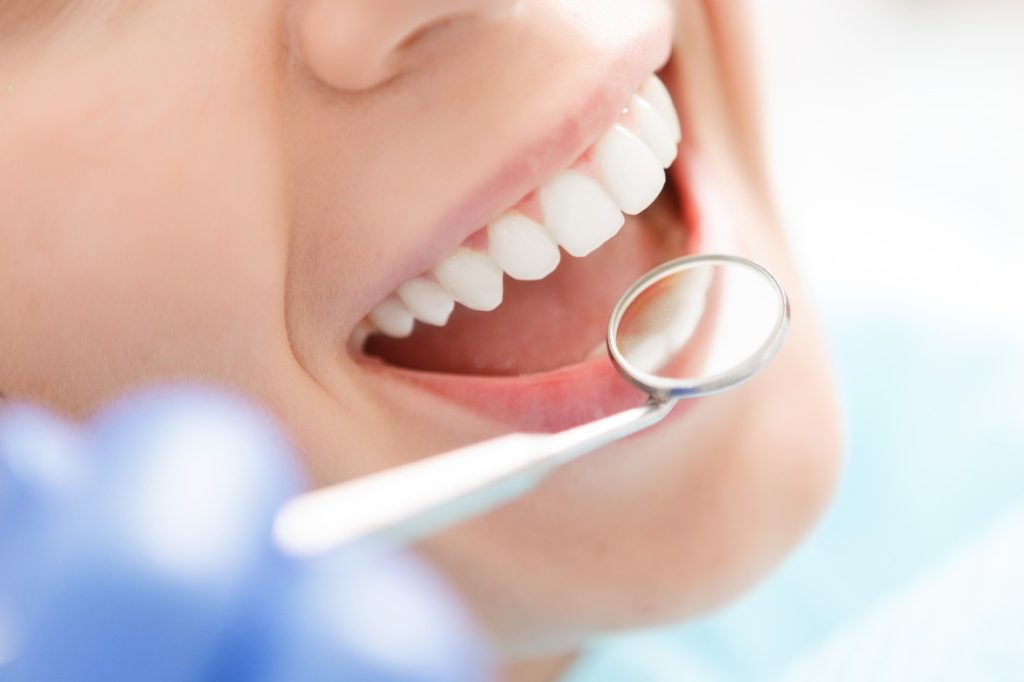
Other General Dentistry Treatments



